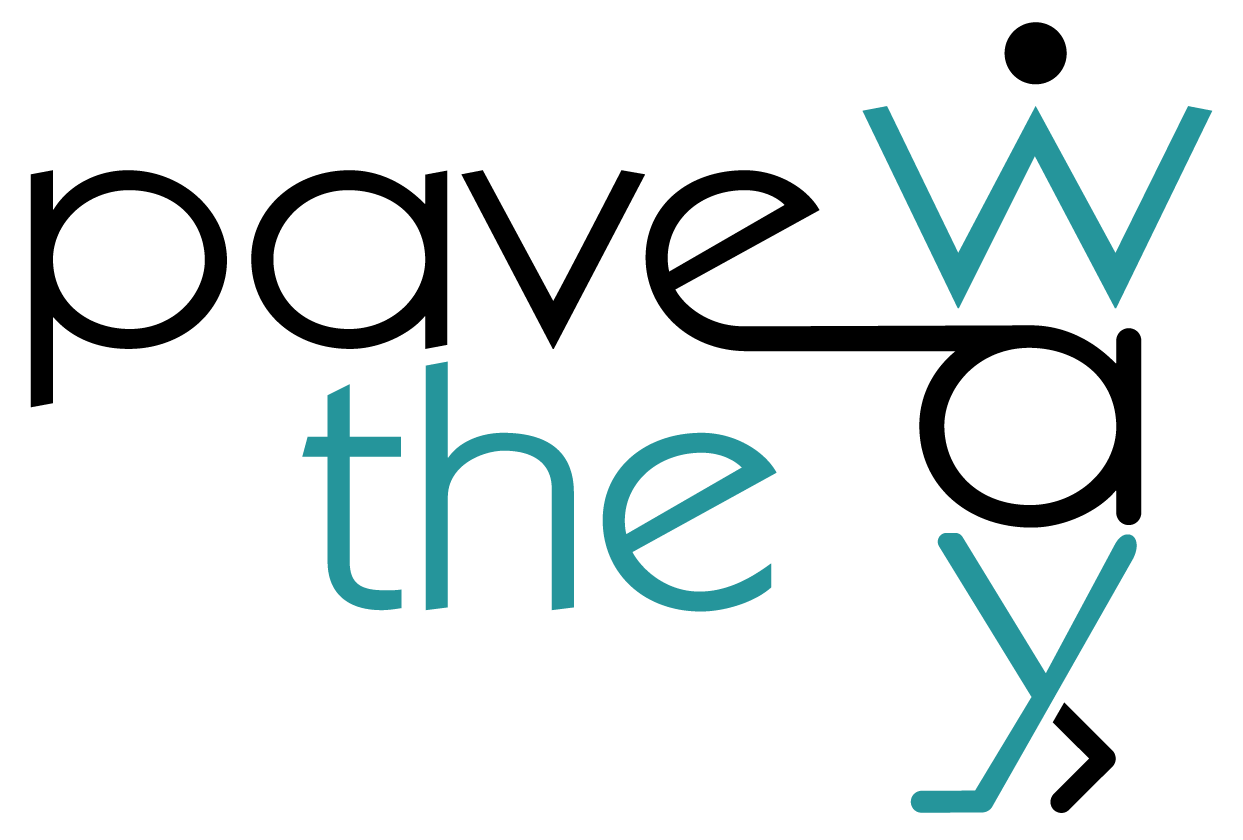As the business environment becomes more complex and fast-moving, the traditional model of who sits on company boards is due for a rethink. Financial, legal and operational expertise remain important, but they are no longer enough on their own. Boards today also need people who understand how organisations work on a human level: how teams operate, what drives culture, and how to attract, develop and retain talent.
That is why experienced HR professionals are well-positioned to contribute at board level, not just as advisers, but as non-executive directors offering strategic insight, oversight and challenge in areas critical to long-term performance.
For too long, HR was seen as a support function: useful, but not central to business strategy. That view is outdated. In a world where people are a company’s greatest asset and sometimes its greatest risk, HR leaders offer perspectives boards cannot afford to ignore.
Below are eight reasons why this shift makes solid business sense and why now is the right time:
1. The workforce strategy drives business outcomes
Today’s most successful companies are the ones that attract, grow and retain the best people. With talent shortages and evolving skill needs, non-executive directors with HR expertise can help boards assess whether the organisation’s workforce strategy is fit for purpose. They can bring a critical lens to workforce planning, talent risks and leadership capabilities, ensuring alignment with long-term business goals.
2. Purpose-led companies with an aligned culture perform better
A healthy culture boosts employee engagement, innovation and a company’s brand reputation. This is especially true for younger generations who want their work to align with their values. HR-experienced board members can help boards evaluate whether culture is being intentionally shaped and whether leadership behaviours align with the company’s stated purpose and values. They can raise early concerns and ask the right questions before cultural issues become material risks.
3. ESG and people metrics are board priorities
Boards are under increasing pressure to report on diversity, wellbeing and leadership quality. Investors and regulators are watching closely. Non-executive directors with HR backgrounds understand how these areas can be measured meaningfully and can challenge whether the organisation’s reporting is robust, transparent and driving accountability.
4. Leadership and succession are real business risks
One of the board’s core responsibilities is to ensure the organisation has a robust pipeline of future leaders. This includes overseeing CEO succession, assessing leadership capabilities, and preparing for both planned and unexpected transitions. HR expertise enables the board to critically assess succession plans, test leadership bench strength, and ensure talent strategies align with long-term business goals.
5. Hybrid work and organisational agility need insight
Remote and hybrid work have changed the way organisations operate, yet many board members have not worked in these models themselves. A non-executive with HR experience can offer insight into the implications of new working models, helping the board evaluate whether the organisation is balancing flexibility with performance and cohesion.
6. AI and automation are transforming roles and organisational structures
As businesses adopt AI and automation, job roles, workflows and organisational models are changing at a rapid pace. Board members with HR expertise can help ensure these transitions are being managed responsibly and strategically. They can challenge whether reskilling, organisation and role redesign, and communication are being addressed in ways that support both performance and trust.
7. HR brings the EQ lens to strategic conversations
Strong HR leaders understand people and how to build high-performing teams. They are experienced in managing conflict, aligning diverse stakeholders and navigating the human side of any transformation. In the boardroom, they can help strengthen relationships, foster inclusive discussions and support better decision-making.
8. Ethics and conduct start with leadership
When things go wrong – harassment, toxic culture, unethical behaviour – it is often because leadership was not paying attention. Non-executive directors with HR experience can help boards keep ethics, conduct and organisational health on the agenda. They are well placed to question whether values are genuinely embedded in leadership behaviours and business practices.
Today’s boards are expected to be more transparent, more people-focused, and better prepared for change. That means broadening the range of voices at the table and HR professionals are one of the most relevant, yet underused groups available.
So instead of asking if HR belongs in the boardroom, let us ask: How do we make the most of the value they bring? It is time to unlock the full potential of HR leadership at board level.
At Pave the Way, we work closely with women from HR and other sectors who want to step into board roles as non-executive directors. Through one-to-one coaching and focused development programs – including leadership workshops on self-awareness, influence and personal brand – we have helped them build the skills and confidence they need to lead with impact.







